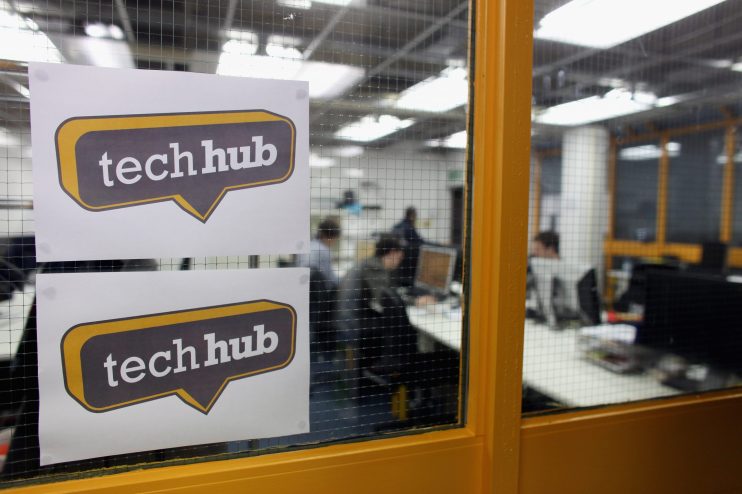British startups slam competition watchdog over ‘power grab’

British startups have accused the competition watchdog of mounting an “old-fashioned power grab” after it called for beefed up powers to crack down on tech firms.
In its annual report published today, the Competition and Markets Authority (CMA) said there was evidence of “growing market concentration and rising profit margins” in several sectors of the UK economy.
The watchdog raised concerns about new harms to consumers caused by the rise of tech platforms such as Google and Facebook and the increased digitisation of the economy.
The CMA vowed to take faster and more decisive action to clamp down on anti-competitive practices, but said its existing powers did not go far enough.
“The UK has an analogue system of competition and consumer law in a digital age,” it said.
“That is why we also need updated duties and powers to bolster competition and consumer protection, by making the regimes swifter, stronger and more flexible.”
But the comments risk deepening the rift with the British tech industry, which has argued that the CMA’s increasingly interventionist approach risks stifling competition.
Dom Hallas, executive director of trade body the Coalition for a Digital Economy (Coadec), described the watchdog’s moves as an “old-fashioned power grab”.
“Digital markets are complex and do require a bespoke approach — but that doesn’t just mean more power for the CMA is the answer when their mistaken interventions so far imply they don’t understand the question,” he told City A.M.
The watchdog handed down fines totalling more than £48m in 2019, and said it was entering the financial year with “unprecedented” numbers of merger investigations and competition law cases.
But earlier this month Coadec penned a scathing letter to chancellor Rishi Sunak warning that the watchdog risked “killing” British tech firms by launching lengthy investigations.
The CMA has made a number of high-profile interventions in recent tech deals, including Just Eat’s merger with Takeaway.com and Amazon’s investment in Deliveroo.
It comes as the government pursues wider legislation aimed at halting the unchecked growth of tech behemoths.
In his Budget last week, Sunak confirmed the introduction of a digital services tax, which will charge two per cent levy on sales for certain digital businesses.